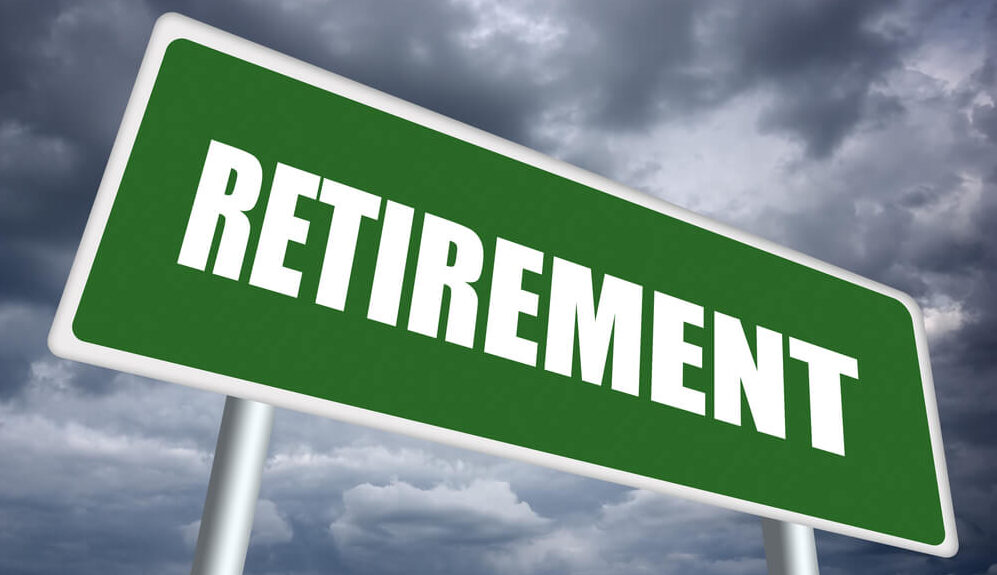Enjoyment in retirement is most likely much different from person to person, but no matter what your idyllic retirement looks like, it’s important to have a realistic understanding of the true costs of life after the full-time grind stops.
We seemingly always focus on the positives of retirement when planning out our golden years: the extra free time to pursue hobbies, spending time with family and friends or vacationing across the country or world. But it’s important to ground your plans in reality, and be aware of potential expenses that may derail your plans.
The Employee Benefits Research Institute conducted a survey of retired Americans, and it found that 30% of those polled found retirement was more expensive than expected. Many even had regrets of not preparing or saving enough.
Here are a few expenses that may break the bank unexpectedly in retirement, per Forbes:
1. Housing
A Government Accountability Office report found that housing costs represent the greatest share of spending for all age groups. Seniors may be carrying mortgages into retirement, but fail to plan for rising maintenance costs as their homes age along with them. Still others incur additional housing costs through relocations, renovations to accommodate the frailties of age, or even seasonal homes.
For most of us, housing represents our most-significant expense during our working years. For many of us, that will remain the case even into retirement.
2. Health care
While many of us may think in general terms about the cost of health care, we often overlook just how much we will have to spend on this in retirement. The same GAO report found that “older retiree households spent a large share on health care — 15% of total spending — which was more than double the share that mid-career households spent.” Retirees can be hit particularly hard by healthcare costs, especially if they have or develop chronic conditions.
Even with Medicare coverage, seniors still incur substantial out-of-pocket costs. EBRI projects that a couple who are Medicare beneficiaries and want to be confidently prepared for the higher end of prescription drug costs would need to have $368,000 in savings to cover premiums, deductibles, and other out-of-pocket expenses. A couple wishing for a brighter outlook on their own healthcare needs and willing to gamble on just a 50-50 chance of having enough saved would target half that amount, but that’s still a lot of money.
3. Debt
In less than a decade, from 2007 to 2016, the percentage of households age 75 and older with debt mushroomed from 31.2% to 49.8%, according to EBRI. More alarming, the number of those households with debt payments greater than 40% of monthly income grew by 23% in that same period.
The type of debt owed by retirees may surprise you. Americans over age 60 owed an estimated $66.7 billion in student loan debt in 2015 and represent the fastest-growing segment of the student loan market as more workers go back to school later in life and many parents co-sign student loans.
4. The Unexpected
Americans increasingly take care of family members as well, further affecting the expenses of retirees. Whether it is caring for a spouse or even their own parents, retirees are among the 40 million people nationally who provide adult family caregiving services without payment, according to the AARP. And these caregivers don’t only contribute time. The AARP reports that they spend an average of $6,954 a year on actual costs out of their own pockets in addition to the hours they commit.
Women, in particular, can be affected disproportionately by unexpected expenses, since they are more likely to face costly health challenges, become caregivers, or outlive their spouses, any and all of which can lead to greater financial stress.
5. The Economy
Although you might not think about the economy as a literal expense, it certainly can end up costing you significantly in retirement. How the stock market performs, what happens with interest rates, and the rate of inflation all can have dramatic impacts on your retirement savings and expenses.
While no crystal ball will tell you what the economy will do in your retirement years, you only have to look to history to understand that you are likely to go through some ups and downs. Making sure your retirement spending plans factor in these changes will help make you more resilient in any downturn.
